Flossing every day removes plaque and food from places your toothbrush cannot reach. This prevents cavities, gum disease, and bad breath, while also protecting your overall health. A family dentist like Buford Dentist recommends making flossing part of your daily routine to keep your smile and body healthy.
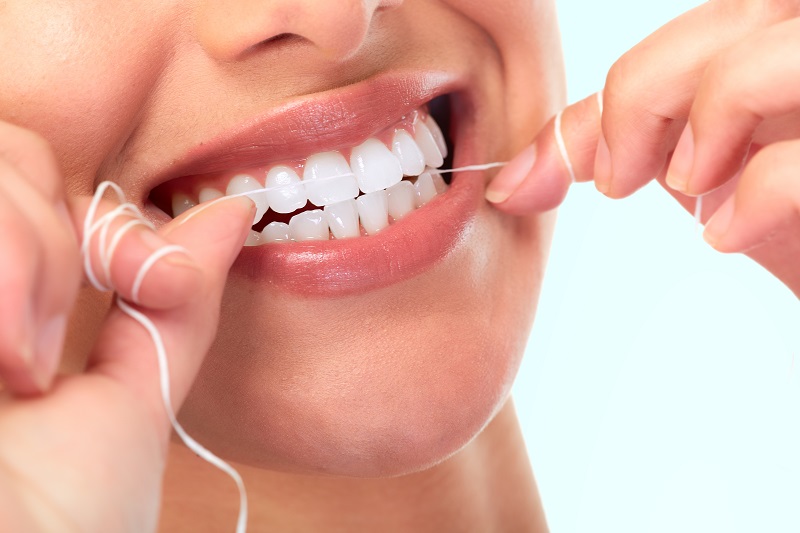
Flossing is not optional. When you floss daily, you clean between teeth and under the gumline where brushing fails. Plaque forms in those areas within hours of eating. If not removed, it hardens into tartar that causes gum disease and tooth decay. Skipping flossing means leaving bacteria behind.
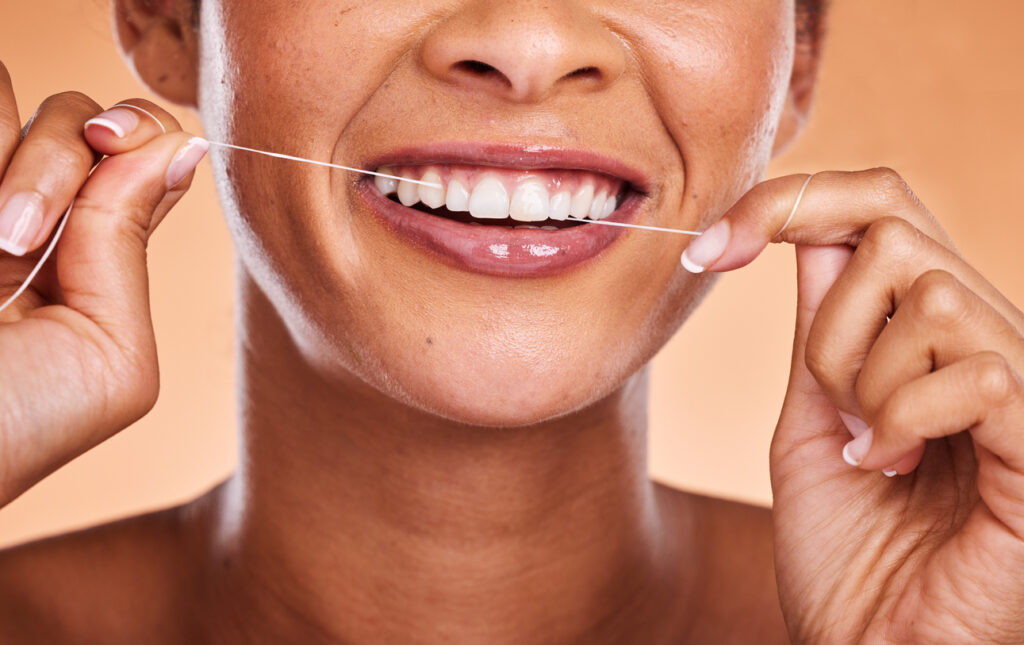
Plaque buildup starts quickly. Within 24 to 36 hours, plaque becomes tartar. Once tartar forms, only a dental professional can remove it.
Problems caused by skipping flossing:
Skipping flossing also increases risks of systemic health issues. Oral bacteria are linked to heart disease, diabetes, and respiratory infections.
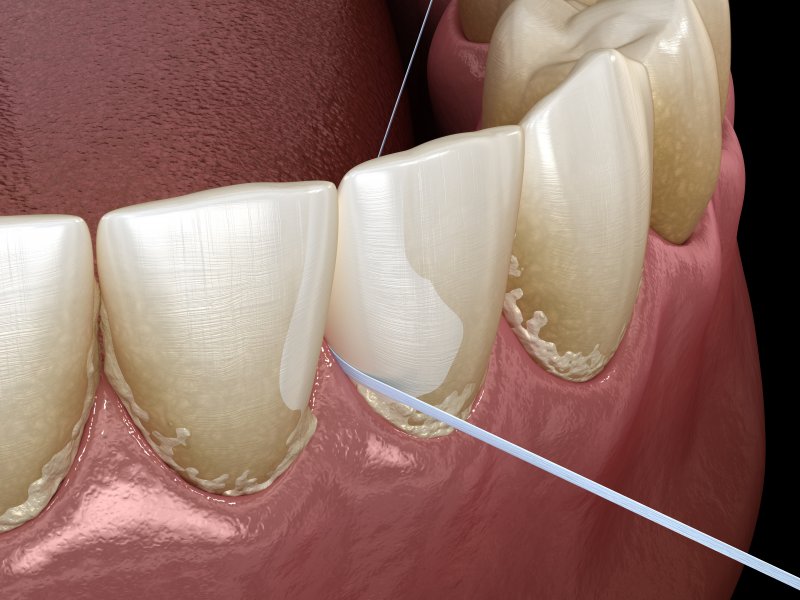
Daily flossing improves oral and overall health.
Flossing is an investment in your health. A few minutes each day save you from expensive and painful treatments later.

Buford Dentist explains flossing is not the same for everyone. Different ages and oral conditions require adjustments.
Pregnancy hormones make gums more sensitive. Daily flossing prevents gingivitis that often worsens during pregnancy. Healthy gums also support overall maternal health.
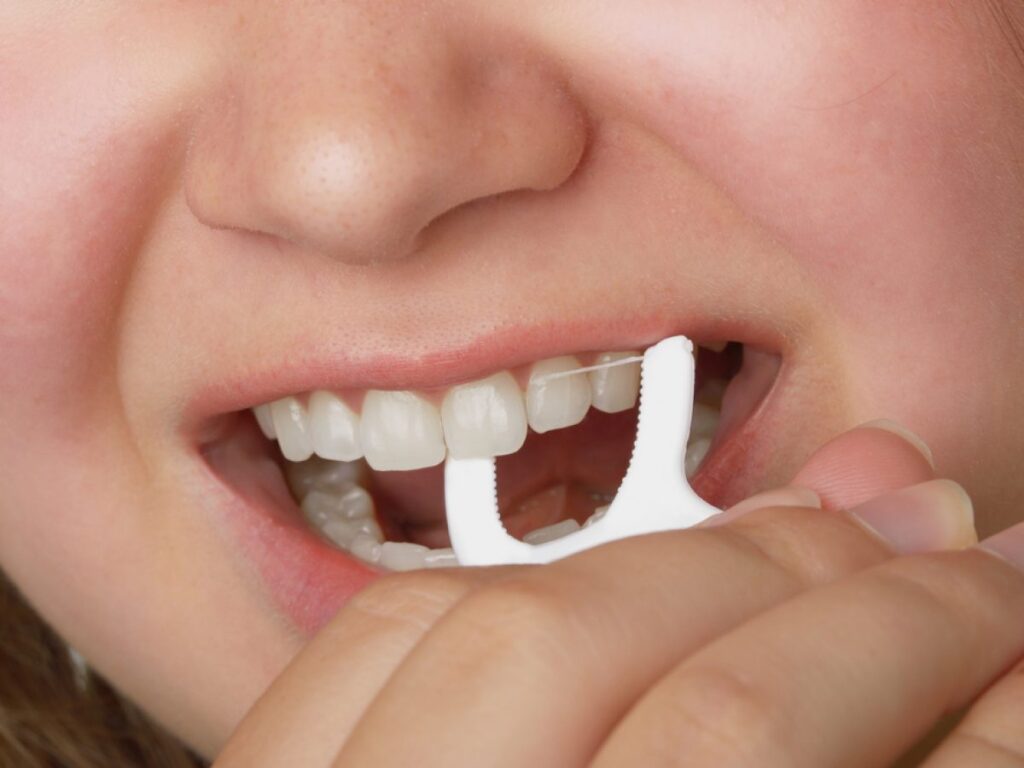
Technique matters. Flossing incorrectly can hurt gums.
Step-by-step:
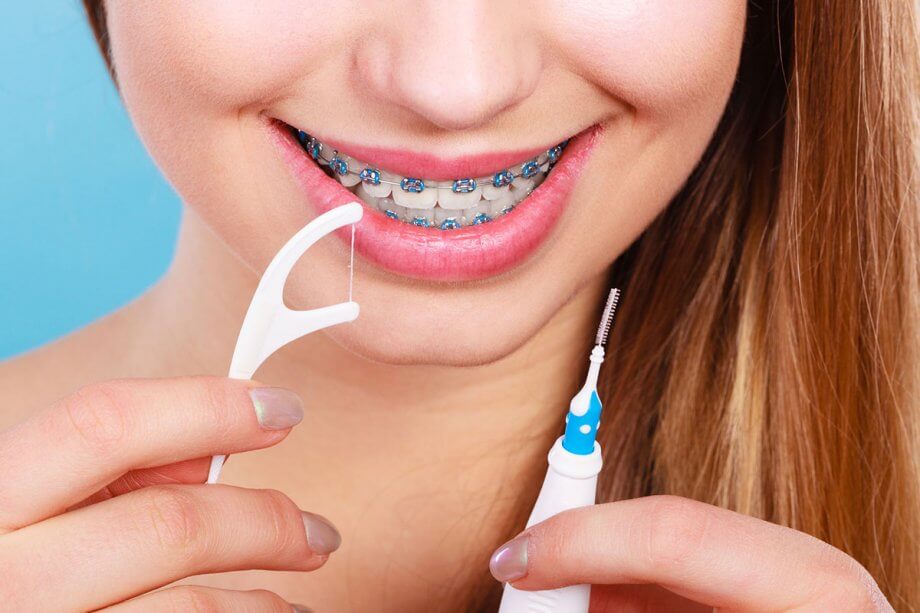
Not everyone prefers traditional string floss. Several tools are available.
Choose the tool that you are comfortable with. The key is consistency.
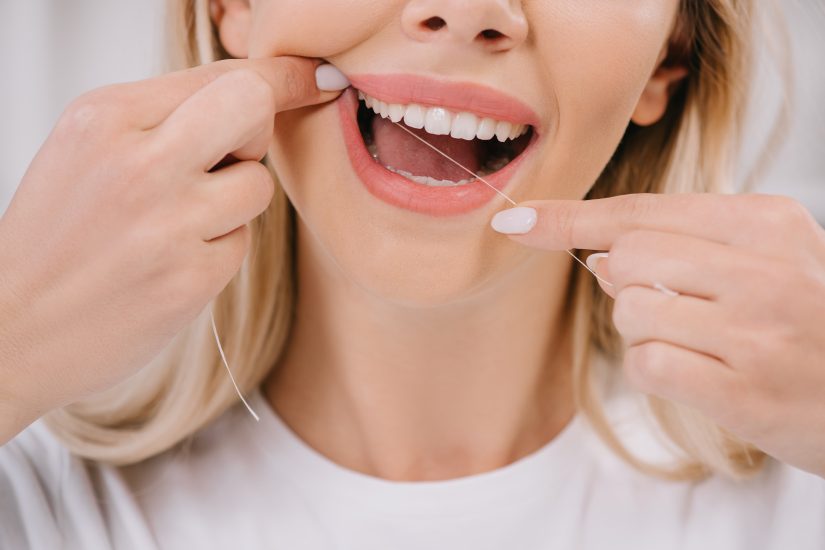
Timing matters less than doing it daily. Many dentists recommend flossing before bedtime so teeth stay clean overnight. Flossing before brushing also helps fluoride from toothpaste reach between teeth.
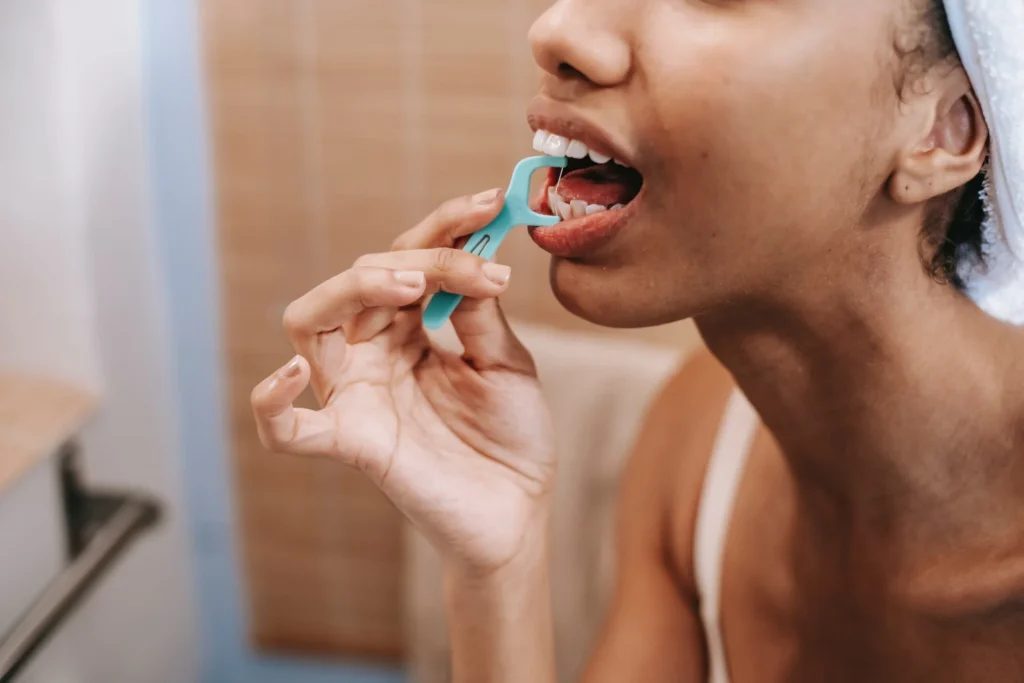
Patients often struggle to make flossing a habit.
Common issues and solutions:

Dentists in Georgia, including Buford Dentist, see common issues that daily flossing could prevent.
Local stores and pharmacies in Georgia stock floss, floss picks, and water flossers. Patients should pick the tool that fits their lifestyle.
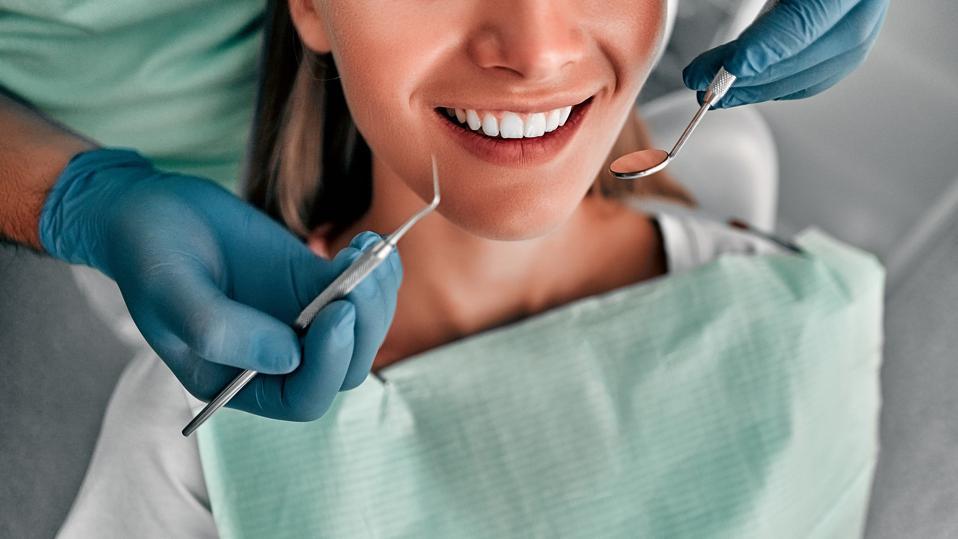
Flossing helps, but some signs require professional care.
A family dentist removes tartar, treats gum disease, and guides patients on proper flossing.

Many people believe false information about flossing.

Forming the habit is easier with structure.

Daily flossing is the simplest way to prevent cavities, gum disease, and bad breath. Buford Dentist recommends flossing once a day with the tool that works best for you. A few minutes of flossing protect your oral health and lower risks of systemic disease. Your smile and your body will thank you.